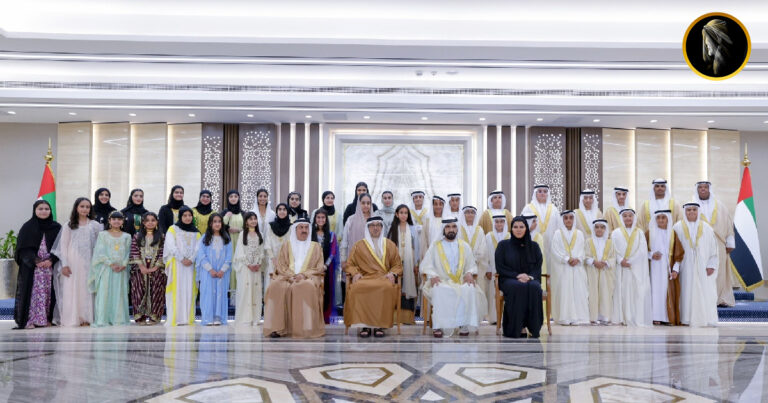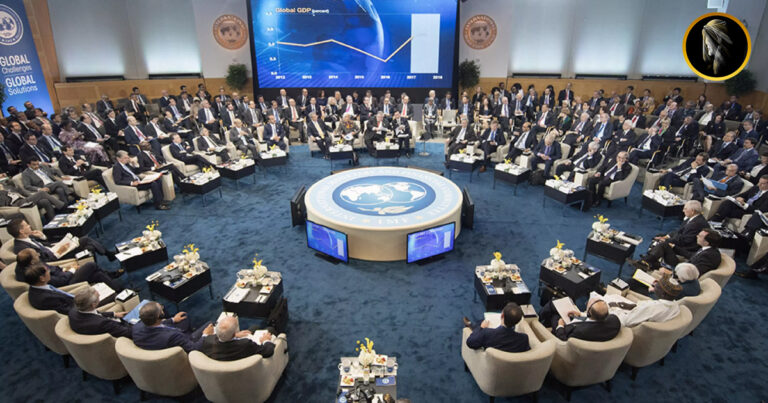Redefining Water Policy in Pakistan: Insights from Leading Experts
A new book addressing water policy in Pakistan has recently been released by Springer Nature, as part of their Global Issues in Water Policy series. The book, titled ‘Water Policy in Pakistan: Issues and Options’, is edited by Dr. Mahmood Ahmed and features contributions from prominent water experts either based in Pakistan or actively engaged in water-related matters concerning the country.
According to Dr. Ahmed, the book aims to formulate a comprehensive water policy for Pakistan in the twenty-first century. He emphasizes the need for a fundamental shift away from the traditional approaches to water resource management, which predominantly focus on supply augmentation and strict regulatory allocation. Instead, the book advocates for an adaptive approach, cantered on effective demand management and the use of economic incentives.
Professor Adil Najam, a distinguished authority on water, development, and climate change in Pakistan, has provided the foreword for the book. In his insightful contribution, Prof. Najam emphasizes the critical importance of water policy in a country like Pakistan, where the socio-economic landscape is deeply intertwined with its water resources. He argues that water policy cannot be confined within the boundaries of conventional ‘water institutions’ and will inevitably permeate into various other spheres of policy-making.
Prof. Najam also introduces the concept of the ‘Age of Adaptation’ in relation to water policy. He contends that while many acknowledge the significance of climate change in shaping water policy, there is still a tendency to view it through a narrow lens, primarily concerned with the impacts on the water sector. In the ‘Age of Adaptation’, water emerges as the primary interface through which climate change is experienced in Pakistan, encompassing phenomena such as glacial melt, floods, droughts, sea-level rise, ecological degradation, extreme heat events, and potable water scarcity.
The devastating floods of 2022 serve as a stark reminder of the imperative for ‘climate justice’ within the context of water, suggesting that equity and fairness in water resource allocation are inseparable from broader climate justice considerations. Prof. Najam suggests that ‘water justice’ is intricately linked to ‘climate justice’, constituting two sides of the same coin.
Adil Najam, who currently serves as the President of WWF-International since July 2023, holds the positions of Dean Emeritus and Professor at the Pardee School of Global Studies at Boston University. He previously served as the Inaugural Dean of the Frederick S. Pardee School of Global Studies from 2014-2022 and has also held the role of Vice-Chancellor at the Lahore University of Management Sciences (LUMS). His research is primarily focused on global public policy, with a particular emphasis on issues related to global climate change, South Asia, Muslim-majority countries, environment and development, and human development. For further details about Prof. Najam, refer to his profile on the Pardee School faculty page.









